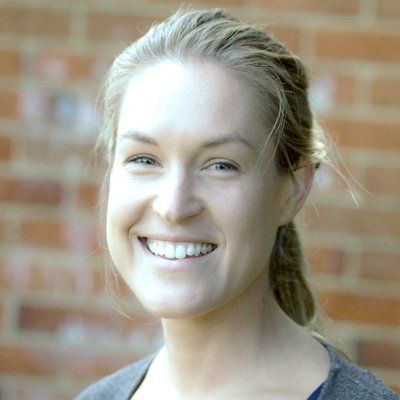Cruciferous Vegetable Intake Could Lower Risk of Severe Aortic Calcification
An analysis of more than 650 women found increased intake of cruciferous vegetables, such as cauliflower and broccoli, was linked to lower odds of severe abdominal aortic calcification.
Lauren Blekkenhorst, PhD

New research from an international team of clinicians suggests increased consumption of cruciferous vegetables could reduce the risk of structural vascular disease in women.
Conducted by a team from Edith Cowan University and The University of Western Australia, results of the study indicate increased consumption of cruciferous vegetables, such as broccoli or Brussels sprouts, in a patient’s diet were associated with a reduction in risk for severe abdominal aortic calcification.
"In our previous studies, we identified those with a higher intake of these vegetables had a reduced risk of having a clinical cardiovascular disease event, such as a heart attack or stroke, but we weren't sure why. Our findings from this new study provides insight into the potential mechanisms involved,” said Lauren Blekkenhorst, PhD, lead investigator and a post-doctoral research fellow at Edith Cowan University, in a statement. “We have now found that older women consuming higher amounts of cruciferous vegetables every day have lower odds of having extensive calcification on their aorta.”
Having previously examined the impact of increased cruciferous vegetable intake on carotid artery intima-media thickness, Blekkenhorst and a team sought to add to previous research and determine whether increased consumptions could have an effect on indicators of structural vascular disease. With this in mind, investigators designed a cross-sectional analysis to assess associations between cruciferous vegetable intake and extensive calcification in the aorta.
For their study, investigators used data from a cohort of 684 older women from Western Australia recruited in 1998 who were originally part of the Calcium Intake Fracture Outcome Study. For inclusion in the current study, women from the trial needed data related to abdominal aortic calcification, dietary information, and energy intake. Patients were excluded if they had a previous diagnosis of atherosclerotic-related disease or diabetes mellitus.
As part of the study, patients completed a semi-quantitative food frequency questionnaire (FFQ) in 1998, which was used by investigators to assess dietary intake. Cruciferous vegetables included on the cabbage, Brussels sprouts, cauliflower, and broccoli. For the purpose of the analysis, abdominal aortic calcification was scored using the Kauppila AAC24 scale on dual-energy X-ray absorptiometry lateral spine images and, based on these scores, investigators classified patients as has having extensive or not extensive calcification. Of note, extensive was considered having a score of 6 or greater and not extensive was considered having a score of 5 or less.
The mean age of patients included in the study was 74.9 (SD, 2.6), the median cruciferous vegetable intake per day was 28.2 (IQR, 15.0-44.7) grams, and 18.7% (n=128) of women had abdominal aortic calcification scores classified as extensive.
In analyses adjusted for lifestyle, dietary, and cardiovascular risk factors, investigators found those consuming 44.6 grams or more of cruciferous vegetables per day had 46% lower odds of having extensive abdominal aortic calcification when compared against those consuming 15 grams or less each day (OR, 0.54; 95% CI, 0.30-0.97; P=.036). Additionally, results indicated total vegetable intake and intake of each of the other types of vegetables in the food frequency questionnaire were not associated with extensive abdominal aortic calcification (P for all >.05).
This study, “Cruciferous vegetable intake is inversely associated with extensive abdominal aortic calcification in elderly women: a cross-sectional study,” was published in the British Journal of Nutrition.